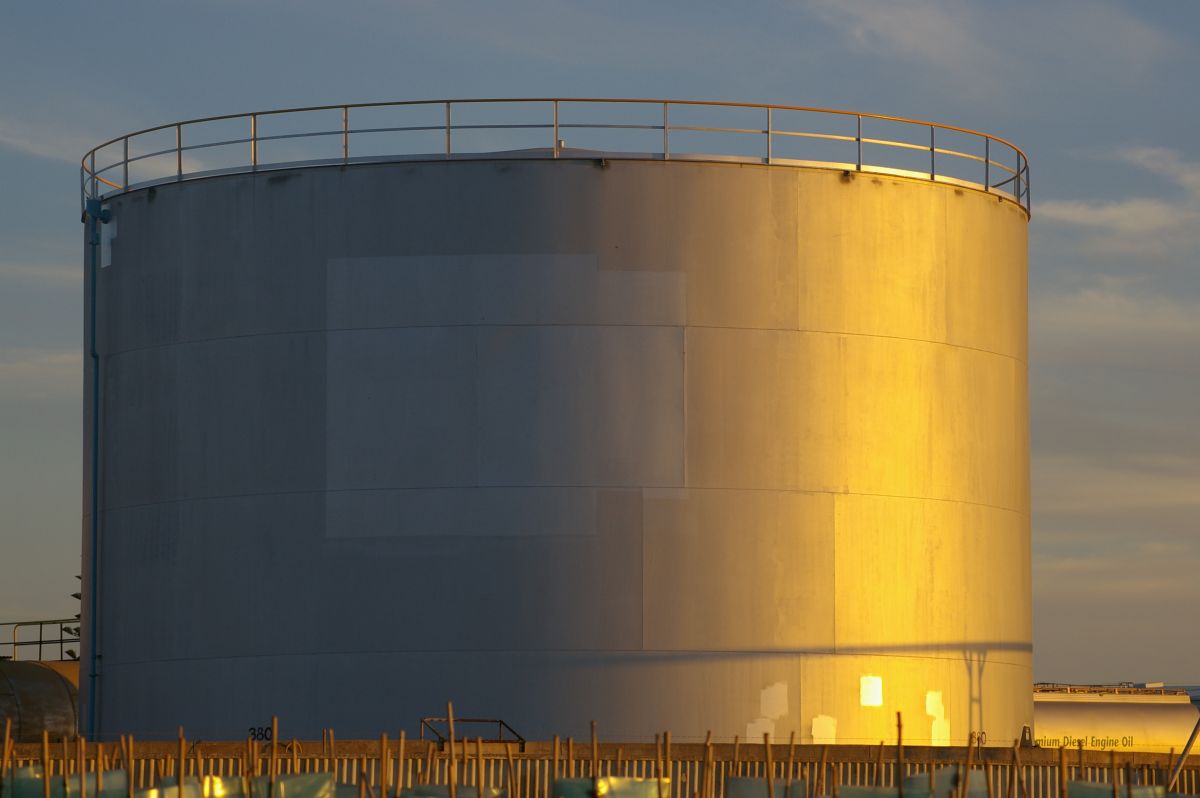
A completely disproportionate approach to Regulation has been adopted by the Welsh Government with its decision to include the agricultural sector in new Oil Storage Regulations, NFU Cymru has said in a letter to the Minister for Natural Resources, Carl Sargeant AM.
In the letter to Mr Sargeant, NFU Cymru President, Stephen James, has raised concerns that farming has been included in the new Regulations, despite the fact that farmers have been regulated on oil storage since 1991 through the SSAFO Regulations.
Stephen James said, “NFU Cymru has urged the Minister to reconsider this decision. Farmers in Wales are already regulated and there is simply no evidence to show that future regulation of the agricultural sector is needed with less than five of the average 252 oil-related water pollution incidents per year occurring on agricultural premises.
“The new regulations are particularly worrying for farmers as they will include a requirement for oil storage containers above 200 litres to have a secondary containment system, currently the SSAFO Regulations apply where the total quantity of fuel oil stored is over 1,500 litres. The important exemption for agricultural fuel oil facilities pre-dating 1991 will also be lost.
“We are disappointed that Welsh Government has failed to recognise the impact that the new Regulation will have and the additional costs faced by individual farm businesses will be significant. Given the very low number of oil related pollution incidents on-farm further Regulation of farming is unnecessary and cannot be justified.”
Concluding Mr James said, “NFU Cymru has long argued that measures to improve water quality should be based on robust evidence, voluntary and achieved by working in partnership with industry. Adopting an evidence-based approach is also established as a key principle in the new Environmental Bill. We can see no benefit in adding this complexity to the regulatory framework under which farmers have to operate and Welsh Government should, instead, focus on the opportunities that exist to work in partnership to drive water quality improvements where the evidence suggests that these are required.”
